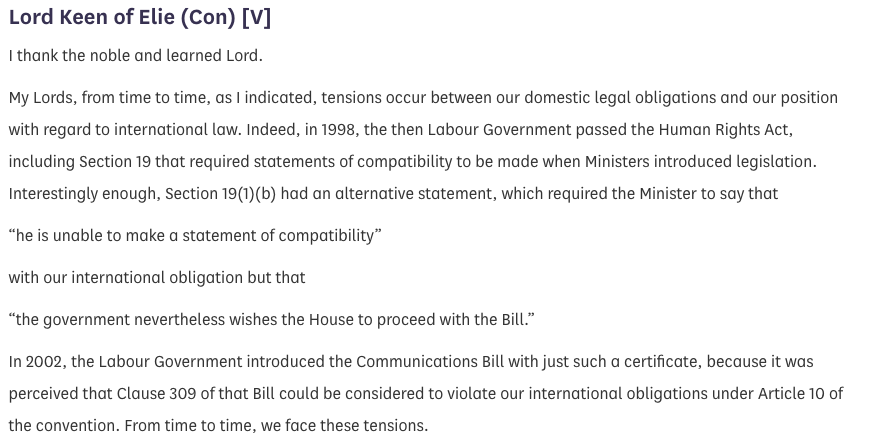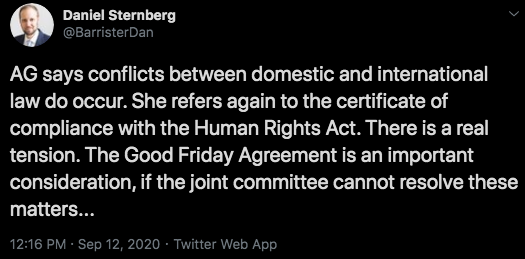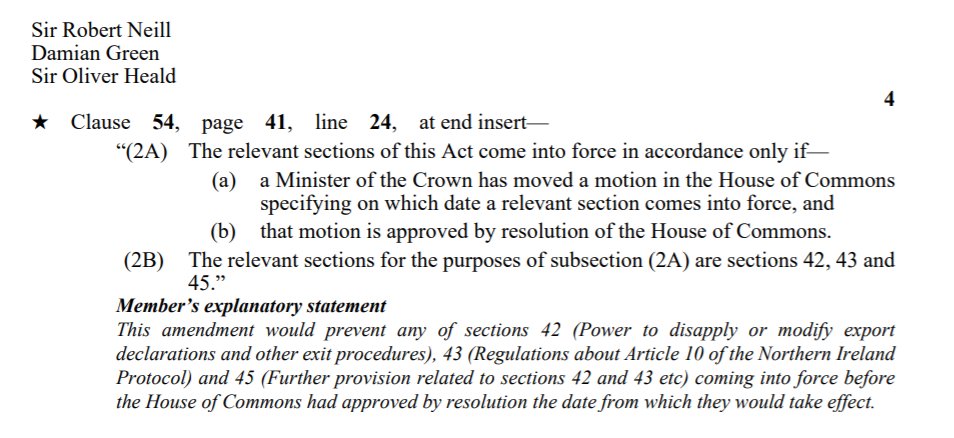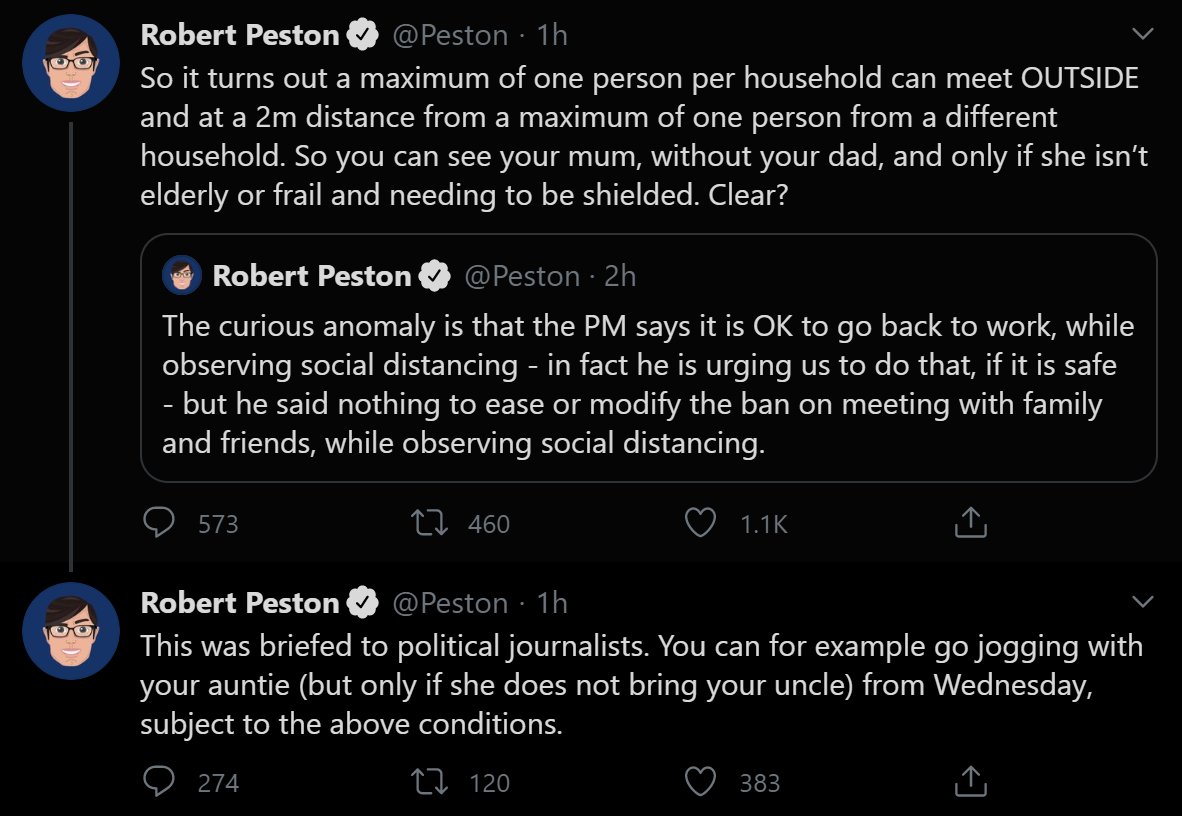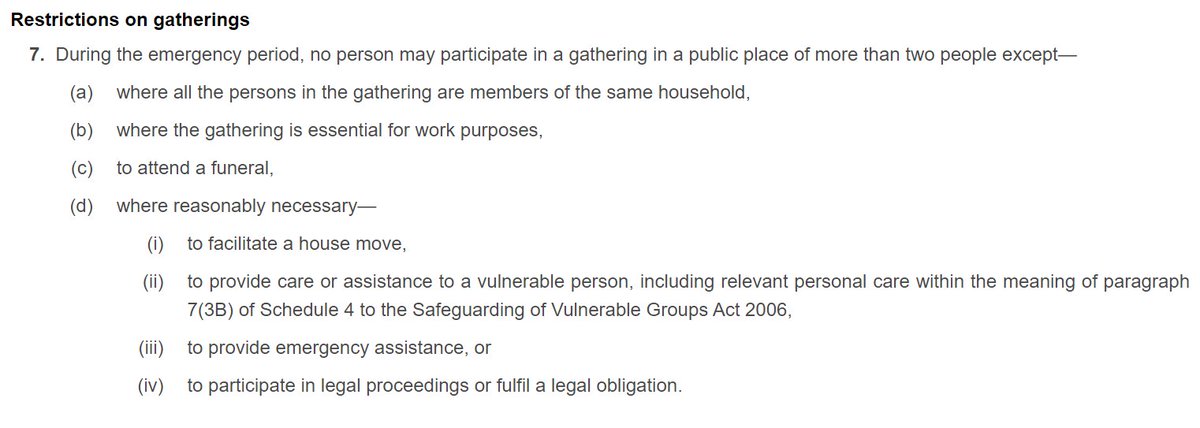
Today the Government introduced a bill to repeal the Fixed-term Parliaments Act. This bill differs from the draft bill published in December 2020 in several important respects.
Be warned, this is a mega🧵but for the geeks, hopefully a useful summary of where we are.
Be warned, this is a mega🧵but for the geeks, hopefully a useful summary of where we are.
The first most visible change is to the bill's title. It no longer refers to repealing the 2011 Act. This responds to an accessibility point raised by the @JointCtteeFTPA.
The Dissolution and Calling of Parliament Bill is more RONSEAL. It make laws about what it says on the tin.

The Dissolution and Calling of Parliament Bill is more RONSEAL. It make laws about what it says on the tin.


The second notable change is on election timetabling.
Under the FtPA, dissolution triggers an election.
Under the draft bill, it wouldn't have (on its own).
Witnesses to @JointCtteeFTPA observed this left open a theoretical risk of Governments "governing without Parliament".



Under the FtPA, dissolution triggers an election.
Under the draft bill, it wouldn't have (on its own).
Witnesses to @JointCtteeFTPA observed this left open a theoretical risk of Governments "governing without Parliament".




In practice, it seemed likely that dissolution would always lead to an election in short order, because (among other things) governments would run out of money without Parliament. But as a matter of constitutional law, there could be a gap of up to 3 years. 



Even if (as could be reasonably expected) gov'ts honoured the conventions the distinction between dissolution and calling had knock-on effects for changes to other election-related legislation. As @JointCtteeFTPA pointed out, it meant the Recall of MPs Act wouldn't work properly. 

The Government has changed the bill, essentially, to keep this aspect of the Fixed-term Parliaments Act: to make dissolution the formal trigger for an election period. This eliminates the possibility of "dissolution without prompt election" and fixes the knock-on drafting issues. 

A third important change is in the Explanatory Notes to the bill. In the original draft bill's ENs, the Gov't referred to the Sovereign dissolving Parliament "on the advice" of the Prime Minister. This language was criticised, as Ministerial "advice" is, by convention, binding. 

If, as the Gov't contended, it was seeking to restore the constitutional position that existed before 2011, @JointCtteeFTPA concluded that meant a return to a situation where, exceptionally, the Sovereign could refuse a dissolution. The language of "request" was more appropriate. 

The Government appears to have accepted that, in returning to a prerogative system, the PM "requests" a dissolution rather than "advises" it and that the Sovereign's veto is therefore real, albeit one that will almost never be exercised. The new Explanatory Notes use "request". 

In several respects, the bill remains exactly or substantially the same as its December draft. It still:
(a) reverts to a prerogative system (cl 1-2)
(b) includes the same "ouster clause" (cl 3)
(c) ties Parliament's maximum term to when it first meets (cl 4)


(a) reverts to a prerogative system (cl 1-2)
(b) includes the same "ouster clause" (cl 3)
(c) ties Parliament's maximum term to when it first meets (cl 4)



If you want to read more about the Dissolution and Calling of Parliaments Bill, check out:
The Bill page: bills.parliament.uk/bills/2859
The Bill: bills.parliament.uk/Publications/4…
The Explanatory Notes: bills.parliament.uk/Publications/4…
Today's Cabinet Office written statement: questions-statements.parliament.uk/written-statem…
The Bill page: bills.parliament.uk/bills/2859
The Bill: bills.parliament.uk/Publications/4…
The Explanatory Notes: bills.parliament.uk/Publications/4…
Today's Cabinet Office written statement: questions-statements.parliament.uk/written-statem…
If you want to find out more about the draft bill that the Government published in December, see:
GovUK main web page: gov.uk/government/pub…
Draft Bill and Explanatory Notes: assets.publishing.service.gov.uk/government/upl…
Dissolution Principles Document: assets.publishing.service.gov.uk/government/upl…
GovUK main web page: gov.uk/government/pub…
Draft Bill and Explanatory Notes: assets.publishing.service.gov.uk/government/upl…
Dissolution Principles Document: assets.publishing.service.gov.uk/government/upl…
And for more information about the work @JointCtteeFTPA did in scrutinising the draft Bill, see:
Its webpage (with links to the evidence it took): committees.parliament.uk/committee/491/…
Its March 2021 Report: committees.parliament.uk/publications/5…
The Government's May 2021 Response: assets.publishing.service.gov.uk/government/upl…
Its webpage (with links to the evidence it took): committees.parliament.uk/committee/491/…
Its March 2021 Report: committees.parliament.uk/publications/5…
The Government's May 2021 Response: assets.publishing.service.gov.uk/government/upl…
Finally, if you want to keep tabs on the progress of the Dissolution and Calling of Parliament Bill, keep on the look-out for a @commonslibrary briefing paper from my excellent colleague Richard soon, and follow @CommonsPACAC and @HLConstitution for their scrutiny too.
[ENDS]
[ENDS]
• • •
Missing some Tweet in this thread? You can try to
force a refresh




